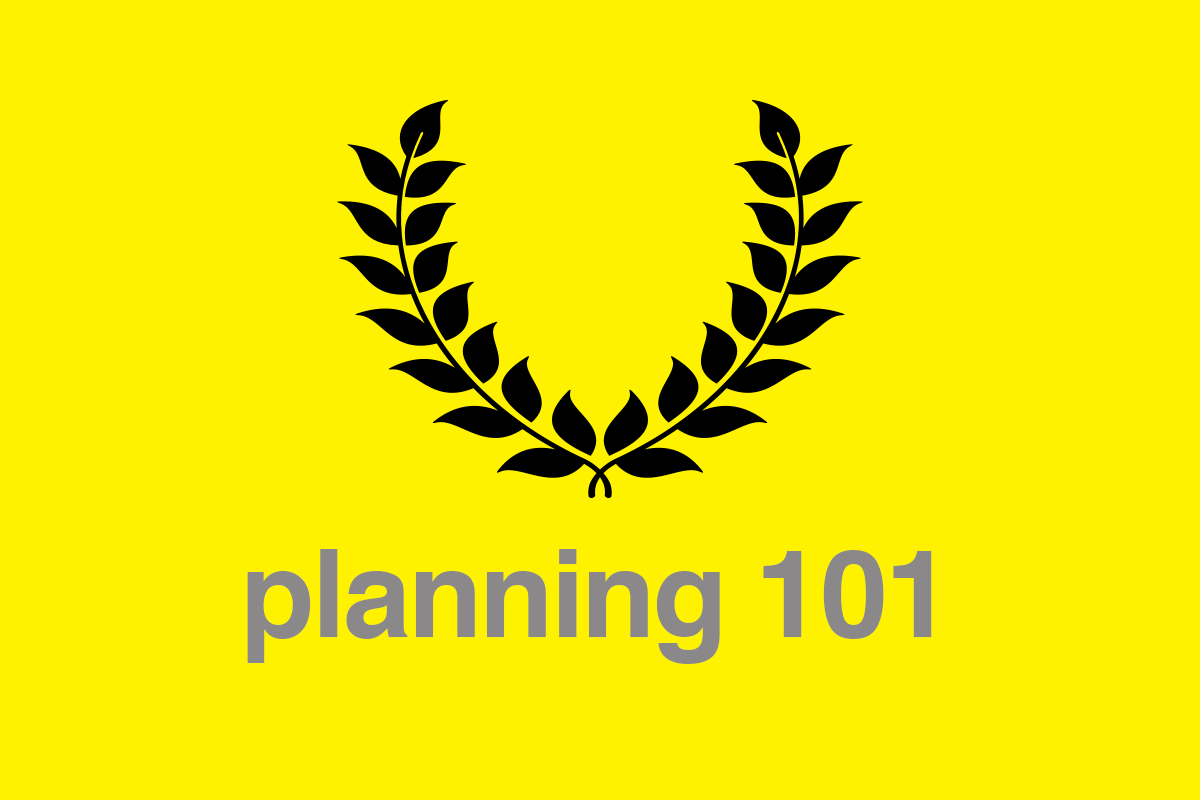Planning is critical to achieving your goals and being productive. Now that you have your masterlist in place, you have probably spent some time updating your masterlist (and also neglecting your masterlist).
The purpose of week 2, is to help you begin to understand the importance of a masterlist and how to use it in the critical art of planning.
If you fail to plan, you are planning to fail
Benjamin Franklin
1.1 Updating Your MasterList
Having a masterlist is cool. Updating a masterlist can be somewhat of a hassle. One of the mistakes people make is thinking that they have to update their masterlist "as soon as" they complete a task.
Through experience, we have found that it is not necessary to be constantly updating your masterlist. But the most effective method is usually taking time to update your masterlist at the end of the day or early morning.
1.2 Being Proactive
When you update your masterlist, you are taking time to simply consider the status of a task (done, not done, ????), but you are taking time to review where you are on your masterlist. What tasks still remain and how will you go about accomplishing those tasks.
Successful productivity is always based on preparing for situations as opposed to reacting. Unorganized individuals are always reacting to situations that occur. Because they fail to plan, they are in scenarios where they are surprised by last minute notices and warnings and now have to react.
Take for example the overdue library book. The book was taken from the library. The library informed you of the due date of that book. Perhaps you were too busy or got distracted, but now the library is calling you because the book is now overdue.
Librarians in the [LibraryJournal] survey estimated that about 14 percent of borrowed materials are returned late, with patrons in larger library systems slightly more likely to return items after their due date.
LibraryJournal.com
If you are new to an organizational lifestyle, you should be reviewing your masterlist at minimum once or twice a week. Most individuals that manage multiple tasks that are constantly changing will view the masterlist and create a plan on a daily basis.
1.3 Priority Items
When you start using a masterlist to do your planning, you begin to realize that there is a constant need to prioritize tasks.
Because your masterlist may consist of a lot of items, it is always a good practice to identify the items which need to be done "today". This is referred to as priority items, but a better term would be items that are inscope.
Good planning consists of being realistic about what you can accomplish in a short period of time. For some this is daily, others weekly. By defining the items that are priority it helps you understand where you need to focus your attention.
1.4 Life Requires Planning
Most people have dreams of winning the lottery and do not understand that the majority of lottery winners go broke in a short amount of time.
The reason being that finances like much of life requires a discipline. But if that is true concerning finances, it is even more critical in the area of our usage of time. Taking time to plan is essential for being productive because time is the one element which you can never recover. While it may seem like time consuming, this discipline will save you time in the long run.


